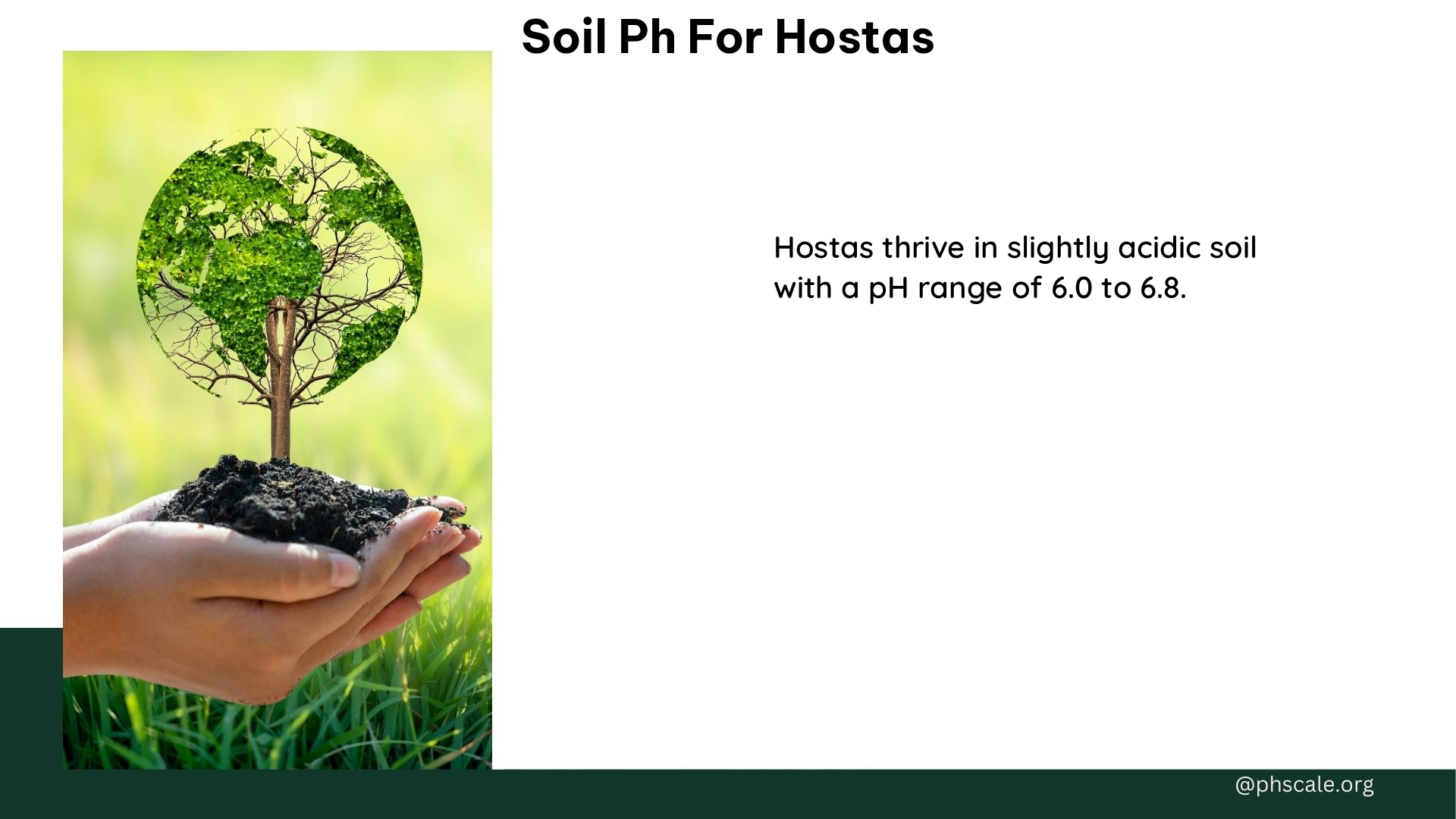The ideal soil pH range for hostas is slightly acidic to slightly alkaline, typically between 6.5 and 7.5. This pH range allows for optimal nutrient availability and uptake by the plants, ensuring their healthy growth and vibrant foliage. Hostas are generally tolerant of different pH levels, but extreme conditions can significantly impact their performance.
Impact of Soil pH on Nutrient Availability
Soil pH plays a crucial role in the availability of essential nutrients for hostas. In the ideal pH range of 6.5 to 7.5, nutrients like nitrogen, phosphorus, and potassium are readily available for the plants to absorb. However, if the pH deviates too far from this range, these nutrients may become insoluble, making them inaccessible to the hostas.
Dealing with Contaminants and Chemicals

Certain contaminants and chemicals can affect the soil pH and, consequently, the growth of hostas. These include:
- Heavy Metals: Heavy metals like lead, mercury, and cadmium can accumulate in the soil and alter its pH. These metals can be introduced through industrial pollution, contaminated fertilizers, or other environmental factors.
- Pesticides and Fungicides: Chemical pesticides and fungicides can also impact soil pH and disrupt the microbial activity, leading to nutrient imbalances.
- Industrial Waste: Industrial waste, such as chemicals and heavy metals, can contaminate the soil and affect its pH.
To address these issues, it is essential to use organic fertilizers, incorporate organic matter, and regularly monitor the soil pH.
Balancing Soil pH
Maintaining the optimal soil pH for hostas involves a few key steps:
- Test Soil pH: Begin by using a soil testing kit to determine the current pH level of your soil.
- Add Organic Matter: Incorporate organic matter, such as compost, manure, or peat moss, to improve soil structure and balance the pH.
- Use pH-Adjusting Amendments: If the soil pH is outside the ideal range, use lime to raise it or sulfur to lower it, depending on the specific needs of your soil.
Helpful pH Quantity to Consume
For hostas, the ideal soil pH range is between 6.5 and 7.5. If your soil pH falls outside this range, make the necessary adjustments to ensure your hostas thrive.
History of Hostas
Hostas originated from eastern Asia, specifically China, Japan, and Korea. They were introduced to Europe in the late 1700s and later to America in the early 1800s. Today, there are approximately 40 different species of hostas, each with its unique characteristics.
Home Remedies
In addition to the standard soil pH adjustments, there are some home remedies that can help improve the soil conditions for hostas:
- Compost Tea: Using compost tea can introduce beneficial microorganisms that help balance the soil pH.
- Vinegar: Adding small amounts of vinegar to the soil can help lower the pH levels.
- Epsom Salt: Applying Epsom salt can provide magnesium and sulfur, which can aid in balancing the soil pH.
Alternative Solutions
Beyond the traditional methods, there are also alternative solutions to improve soil pH for hostas:
- Worm Composting: Utilizing worm composting can create a nutrient-rich soil amendment that helps balance the pH levels.
- Cover Cropping: Planting cover crops can improve soil structure and contribute to the overall pH balance.
- Mulching: Applying organic mulch, such as pine needles or straw, can enhance soil structure and pH levels.
By understanding the importance of soil pH and implementing the appropriate strategies, you can create the ideal growing conditions for your lush and thriving hostas.
References
- https://www.rootwell.com/blogs/grow-stunning-hostas
- https://www.perennialreference.com/forums/viewtopic.php?t=52858
- https://gardening.stackexchange.com/questions/8163/what-should-i-do-with-hostas-planted-in-heavy-clay-soil
- https://davesgarden.com/community/forums/t/841550/
- https://www.houzz.com/discussions/3094292/ideal-soil-for-hostas
